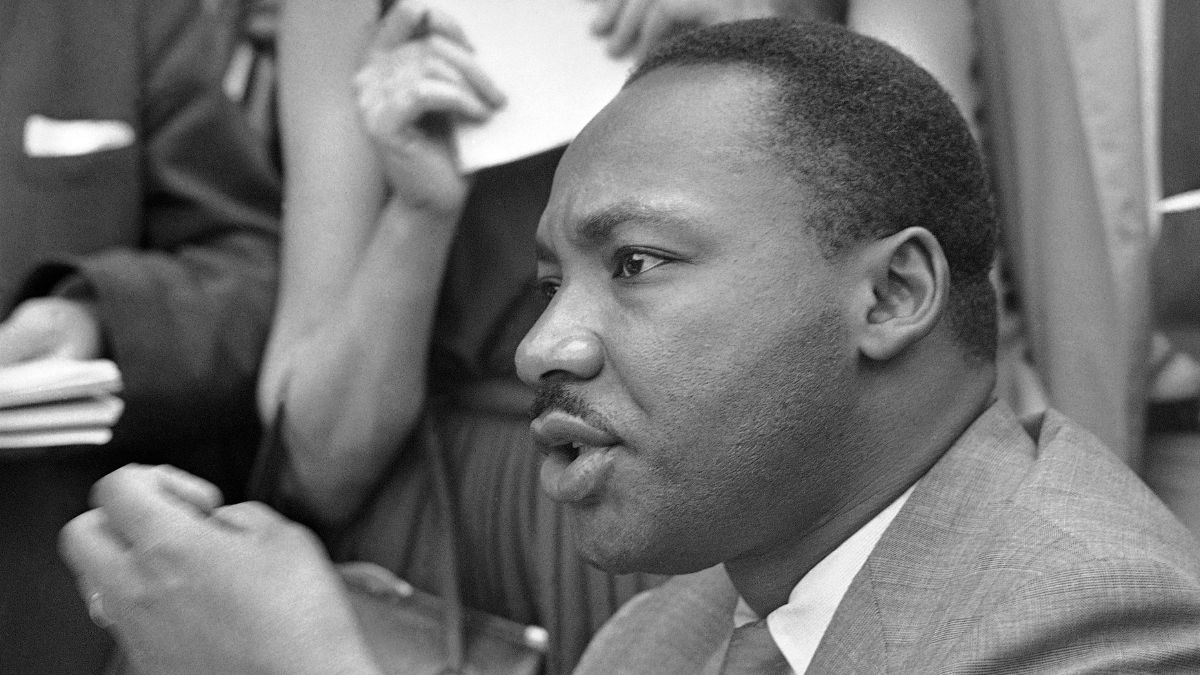The Trump administration has made public over 240,000 pages of FBI surveillance records on Martin Luther King Jr., despite opposition from his family and the civil rights group he once led. The files, kept under seal since 1977, were handed over to the National Archives decades ago but only now released in digital form.
King’s children, Martin Luther King III and Bernice King, called the release deeply personal, reminding the public that their father’s assassination remains a source of ongoing grief. They urged people to read the files with “empathy, restraint, and historical context.” The family, who reviewed the documents ahead of the public release, also reiterated their long-standing belief that James Earl Ray, the man convicted for the assassination, wasn’t solely responsible—if responsible at all.
Bernice was just 5 when her father was killed in 1968; Martin III was 10.
The release, described as “unprecedented” by Director of National Intelligence Tulsi Gabbard’s office, follows a 2017 executive order by President Donald Trump to declassify documents related to the assassinations of MLK, John F. Kennedy, and Robert F. Kennedy. While some hail it as a move toward transparency, others see it as a political distraction amid controversy surrounding Trump’s handling of the Jeffrey Epstein case.
Alveda King, MLK’s niece and a vocal conservative, thanked Trump for the disclosure. However, many civil rights leaders, including Rev. Al Sharpton, criticized the move, calling it a diversion tactic rather than a pursuit of justice.
The Southern Christian Leadership Conference also opposed the release, citing the FBI’s history of illegal surveillance and smear campaigns against King and other civil rights activists. Under J. Edgar Hoover’s leadership, the FBI wiretapped King’s phones, bugged hotel rooms, and used informants to undermine his work.
King’s children condemned those tactics, saying their father was the target of a “relentless and disturbing” campaign to destroy both his reputation and the broader Civil Rights Movement. They said they support historical transparency but warned against using the files to distort King’s legacy or spread misinformation.
Impact Shorts
More ShortsIn his later years, King expanded his focus from civil rights to economic justice and opposition to the Vietnam War, drawing criticism from political leaders and suspicion from the FBI, which viewed him as a threat to the status quo. He was assassinated in Memphis in 1968 while supporting striking sanitation workers—a reflection of his deepening commitment to social and economic equality.


)

)
)
)
)
)
)
)
)



